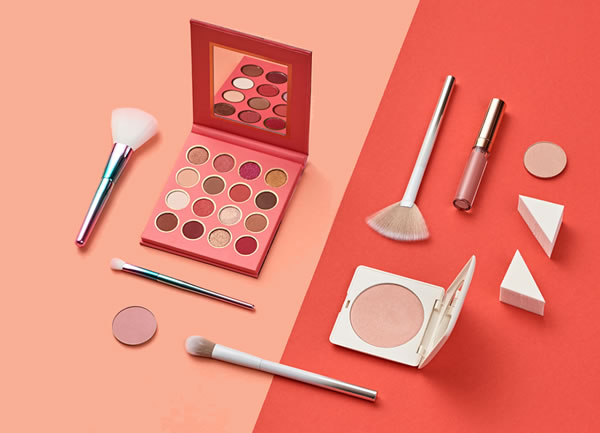You may have read reports in the media of a study from the US* that looks at the effects of Triclosan on the gut of zebrafish. From this, headlines have appeared which claim that toothpaste could be harmful. CTPA understands the alarm that such reporting could cause and would like to stress that this is simply not the case, nor does the study make such a link.
What does the study say?
Scientists in the US have conducted studies on zebrafish to better understand the workings of the gut and its interaction with the microbiome community (microorganisms in a particular environment). The zebrafish were fed food rich in Triclosan and the microbial community in their gut was monitored. It was found that the gut bacteria in the zebrafish were altered. While this is interesting research and it is important to look at how and why changing the make up of the intestinal bacterial community may affect the gut, the study does not conclude that Triclosan is responsible for any health risk in the gut. The authors do not make any link with the study results and the use of Triclosan in toothpaste and clearly point out the exposure to Triclosan is via food and that any link between the results on zebrafish to mammals is unclear.
Triclosan is safe for use in toothpaste
Triclosan is one of the most studied substances, natural or man-made, in use today. Those studies cover the safety of Triclosan to humans (including any possible risk of harm to babies and infants before birth, i.e. during pregnancy, and after the birth, i.e. when breastfeeding), animals and the environment, including questions about the risk of antimicrobial resistance (i.e. the loss of effectiveness of the antimicrobial agent). Also there is no evidence that Triclosan has harmful hormonal (endocrine) effects which might affect babies and Triclosan is not known to cause cancer.
It is used in personal care products because it effectively inhibits the growth of bacteria. It can be used as a preservative to protect the product from deterioration and also helps to reduce bacteria on the skin, which is why it is used in deodorants and handwashes, and in the mouth, which is why it is used in toothpastes and mouthwashes. This helps to prevent the spread of germs, reduces the risk of infections, maintains the oral cavity (teeth and gums) in good condition and controls body odour.
How do we know Triclosan is safe?
In Europe the safety of all cosmetic products is covered by strict safety laws, which require a safety assessment be carried out on each product before it is made available for use by the consumer. As well as this, cosmetic ingredients and their safety are kept under constant review by the European Commission and EU member states, assisted by the Commission's independent scientific expert committee (the Scientific Committee for Consumer Safety, SCCS). The SCCS has issued several opinions supporting the use of Triclosan as a safe and effective ingredient in cosmetic products as follows: up to 0.3% in toothpastes, hand and body soaps, shower gels, deodorants, face powders, blemish concealers and nail cleansers; and up to 0.2% in mouthwashes. These opinions are only issued after a thorough review of all of the available scientific evidence.
We would like to assure consumers that there is no reason to avoid cosmetic products containing Triclosan, which provides real health benefits to consumers safely, and brushing teeth with toothpaste that contains Triclosan will not cause harm to health.
Read more on the importance of good oral care.
* Triclosan Exposure is Associated with a Rapid Restructuring of the Microbiome in Adult Zebrafish. Gaulke, C.A. et al. Published May 18, 2016. Plos One.

